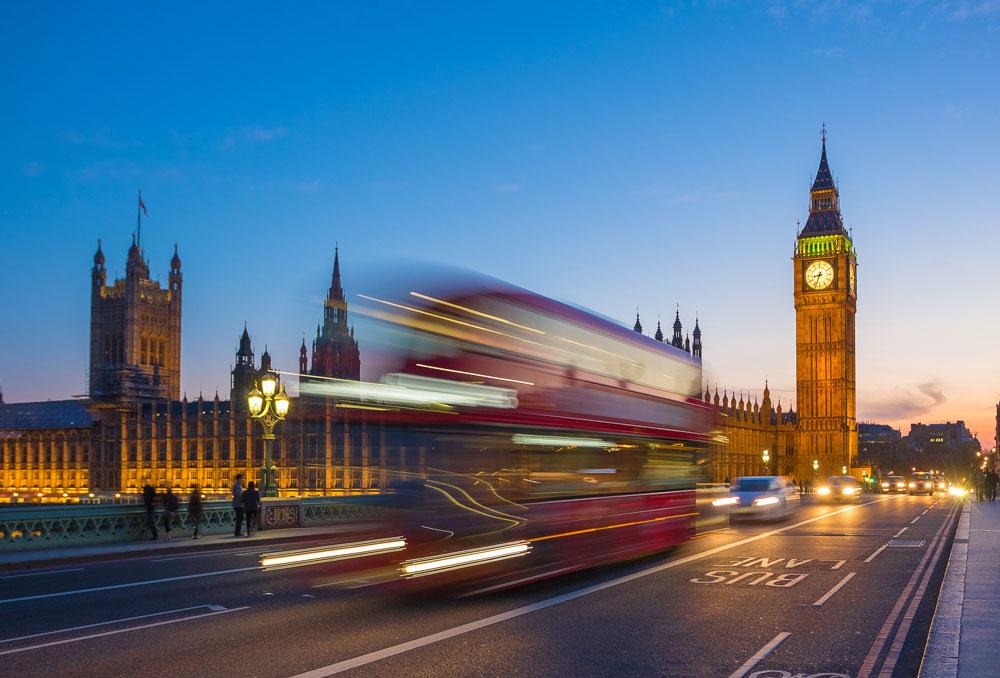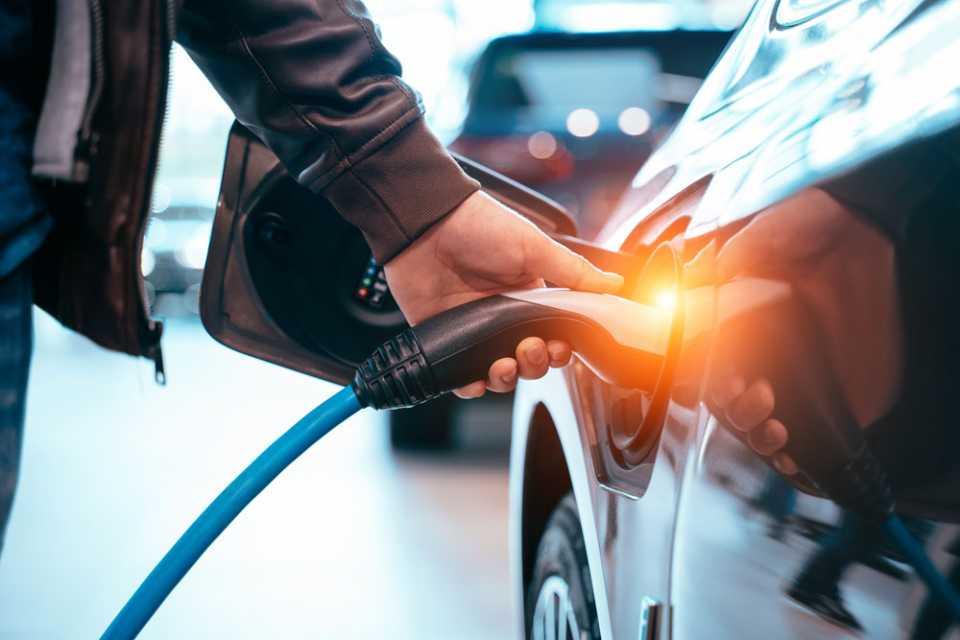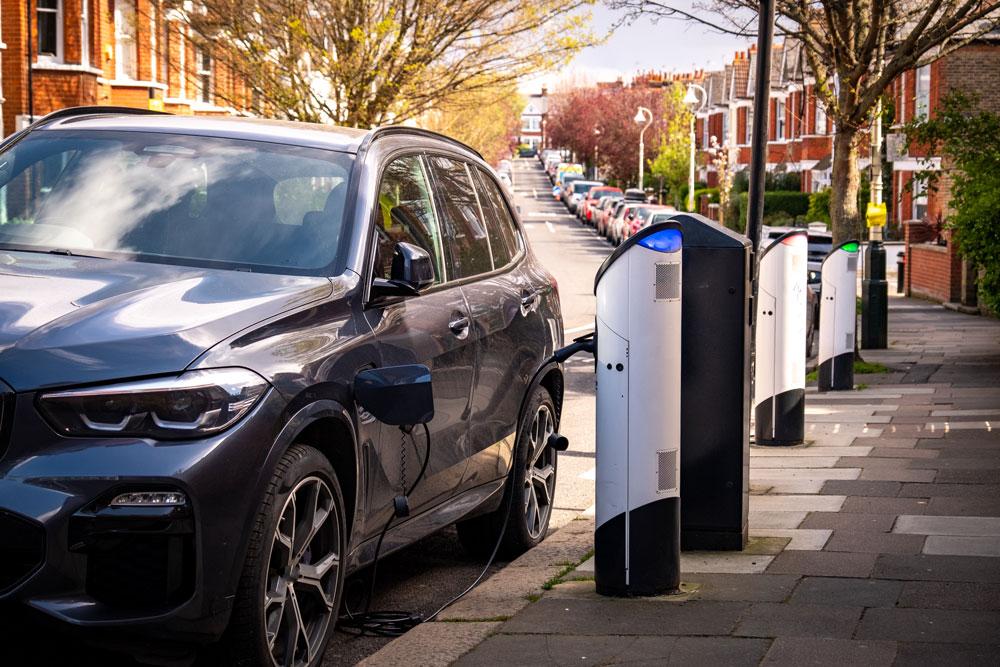What has the new Labour government pledged to accelerate the UK’s move to zero-emission vehicles and clean energy?
When the Labour Party won the general election back in July, many people in the sustainable transport industry had hopes of increased clarity and action from the new government on the transition to electric vehicles.
After the Conservative Party under Rishi Sunak moved the new petrol and diesel vehicle ban from 2030 to 2035, there were criticisms that the government was not doing enough to support the move to zero-emission transport.
Previously Labour had said that the Conservatives’ decision to delay the ban was “a huge setback for manufacturers who will have spent enormous amounts of money and time on the basis of these targets.”
Labour’s automotive sector plan pledged to restore the phase-out date of 2030 for new cars with internal combustion engines. And its manifesto promised to make Britain a “clean energy superpower” and “cut bills, create jobs, and deliver security with cheaper, zero-carbon electricity by 2030”.
Since they were voted into power, Labour has made promising steps in terms of reversing environmental decisions made by the last government. In July, for example, Chancellor Rachel Reeves revised planning policy to place onshore wind on the same footing as other energy developments in the National Planning Policy Framework.
There had been a ban on onshire wind which meant that an objection from just one person over a farm development in England could prevent it from going ahead, which Reeves called “absurd”.
Many of us have been eagerly awaiting more clarity on what will actually be done to speed up the move to zero-emission transport and meet net zero targets.
The King’s Speech did little to clear this up, as it did not reference moving the petrol and diesel sales ban forward which was promised
in Labour’s manifesto.
However, recently, This is Money and Mail Online Motoring reported that a Department for Transport spokesperson had officially confirmed to them that the acceleration of the deadline will go ahead.
The statement said: "We’re committed to delivering greener transport by supporting the transition to electric vehicles.
"This includes phasing out the sale of new petrol and diesel cars by 2030 and accelerating the rollout of charge points. We will set out more details in due course."
We have delved deeper into the ‘Change’ manifesto and automotive sector plan and outlined what the government has promised for the industry, and how the sector has responded.
Transition to electric vehicles
As set out in its automotive sector plan, Labour said it will give certainty to manufacturers by restoring the phase-out date of 2030 for new cars with internal combustion engines.
However, Paul Hollick, chair of the Association of Fleet Professionals, argues that the zero emission vehicle (ZEV) mandate – which sets out the percentage of new zero emission cars and vans manufacturers will be required to produce each year – is more pressing than the 2030 EV production deadline.
He said: “The 2030 EV production deadline is now of limited importance compared to the ZEV Mandate, which is really the main control mechanism affecting EV sales in the UK. It would be useful to know whether Labour intends to keep the same rate of adoption as currently stipulated. Certainly, there are many people in the wider motor industry, if not perhaps fleet, who would like to see it slowed given current retail EV sales.”
Labour did not mention its plans for ICE vans in the manifesto, however, leaving many to speculate whether they will have a different phase-out date.
Electric vans are a crucial part of the transition to net-zero, but ICE vans are still the preferred choice for many businesses, due to cost and operational purposes. The Climate Change Committee’s progress report last summer warned that, ‘electric van sales are still lagging and remain significantly off track’.
To highlight the importance of this area, the coalition behind the Zero Emission Van Plan has written to the new Secretary of State for Transport to urge her to take action to get electric van usage on track.
Battery health checks
Labour’s automotive sector plan also said that it would support buyers of second-hand electric cars by standardising the information supplied on the condition of batteries.
This plan was discussed at July’s meeting of the Vehicle Remarketing Association (VRA), held at Cox Automotive in Bruntingthorpe. Philip Nothard, chair at the VRA, said: “One of the recurring themes of our discussions at the meeting was that arriving at a standard measure of battery health is quite difficult – there are many ways to measure battery health and present the results, as well as question marks over which are most meaningful to consumers. The government has some quite tricky decisions to make.”
The AFP’s Paul Hollick believes a government-standardised battery health check would be very useful, providing a high degree of reassurance for used EV buyers. But he cautions that more also needs to be done to stimulate the second hand market.
He said: “We believe that this is an area that almost certainly needs a degree of financial support, such as through used EV grants or low-cost loans. How likely we are to see those moves from a Labour Party that continually stresses the need for financial control is open to question, however.”
Labour’s automotive sector plans also said it would support the transition to EVs by accelerating the roll out of charge points, but further details on how it will do this have not been published.
Produce cleaner energy
Electric vehicles are greener when they are charged on renewable energy. And thankfully, Labour has a focus on developing clean and local energy in the UK.
It has said they will work with the private sector to double onshore wind, triple solar power, and quadruple offshore wind by 2030.
Labour also said in the manifesto that they will invest in carbon capture and storage, hydrogen and marine energy, and ensure the country has the necessary long-term energy storage.
A new Energy Independence Act is said to establish the framework for Labour’s energy and climate policies.
In addition, the new government has announced that the Great British Energy (GBE) will be “owned by the British people, built by the British people and benefit the British people.”
They said it can cut energy bills for families, support local jobs and supply chains and back workers in industrial heartlands.
Maintaining roads
Labour has also said that it will maintain and renew the road network to keep drivers, cyclists, and other road users safe.
Its manifesto pledged to fix an additional one million potholes across England in each year of the next Parliament, funded by deferring the A27 Arundel bypass, which it says is poor value for money.
The party promised to break down planning barriers to make sure vital infrastructure upgrades were delivered on time and within budget. Labour also committed to tackle rising car insurance costs by ensuring regulators cracked down on the causes of soaring prices.





